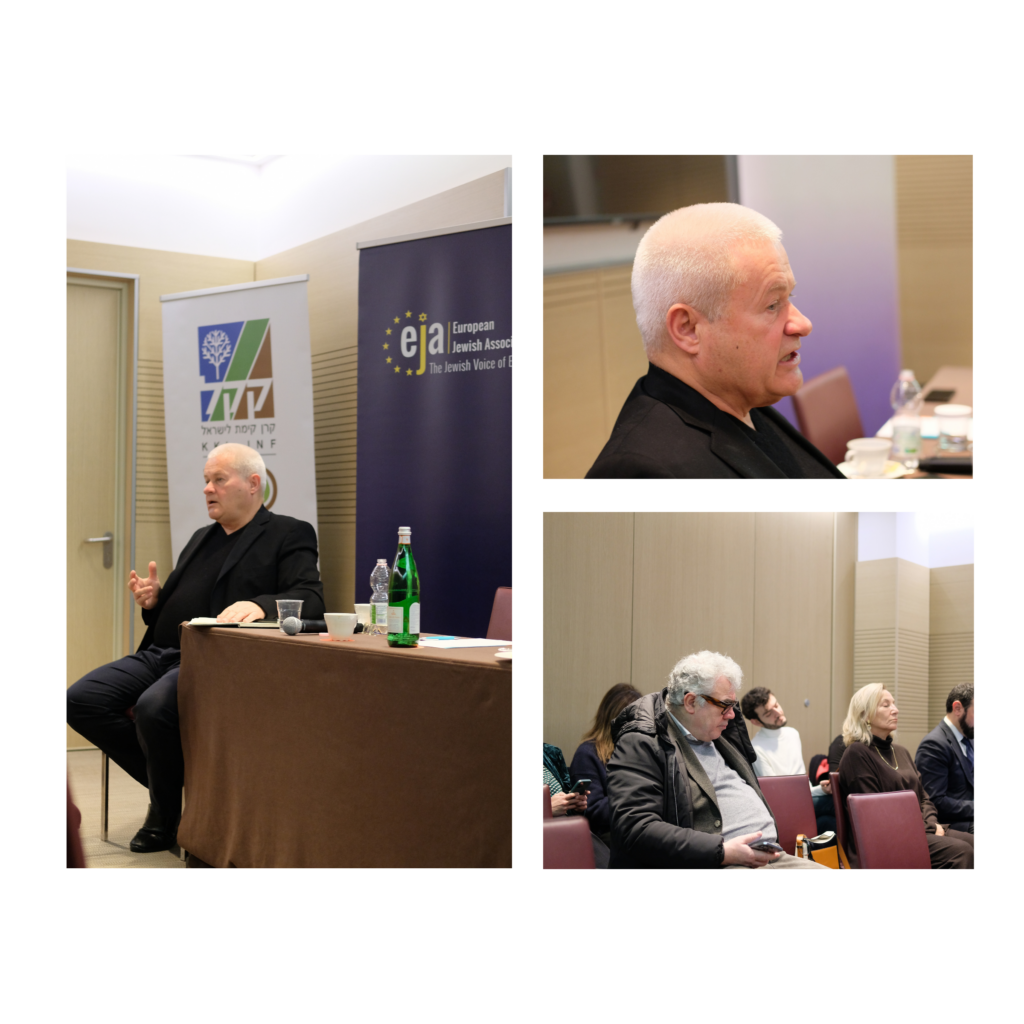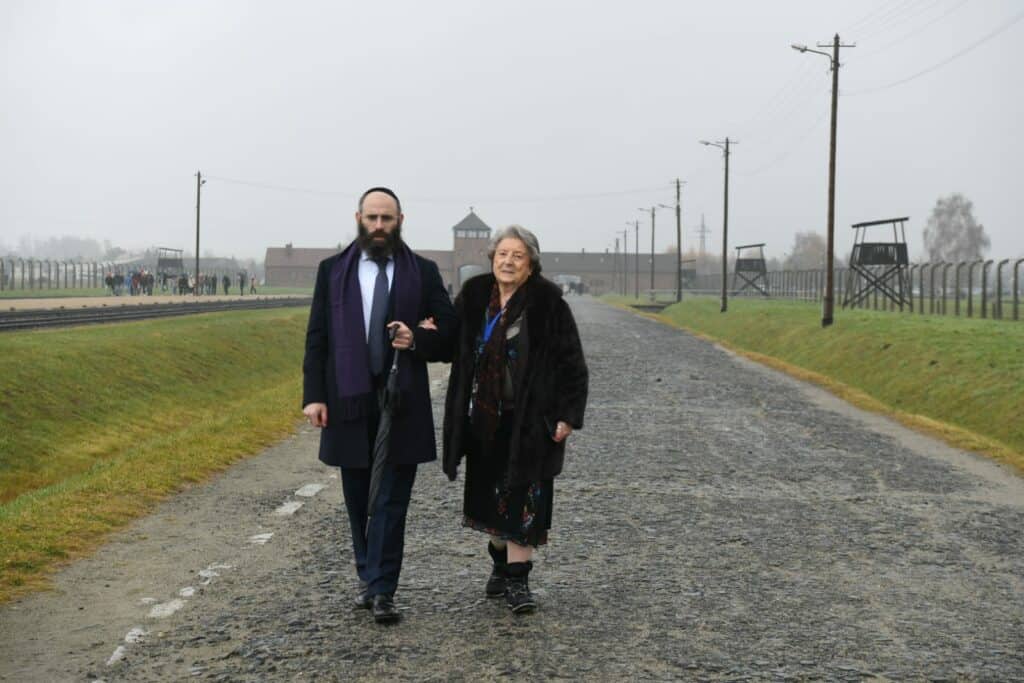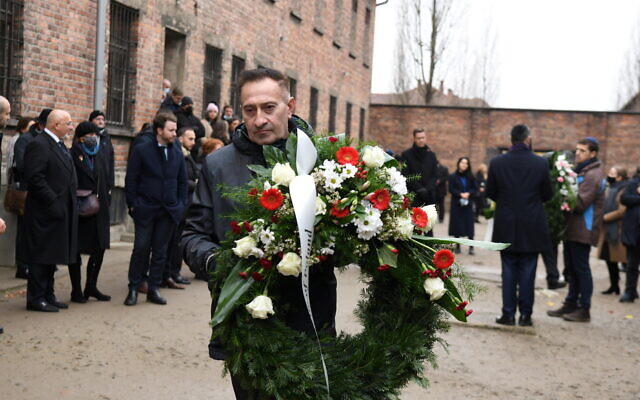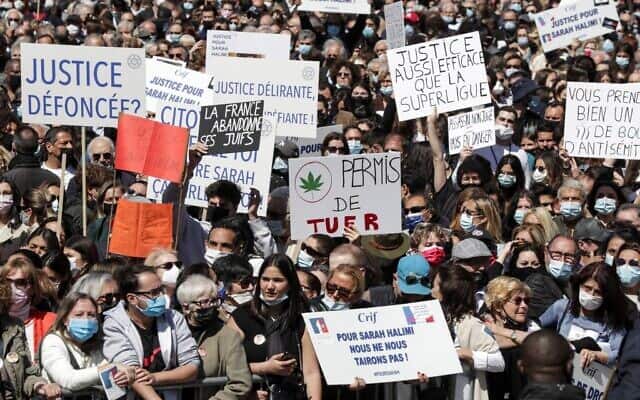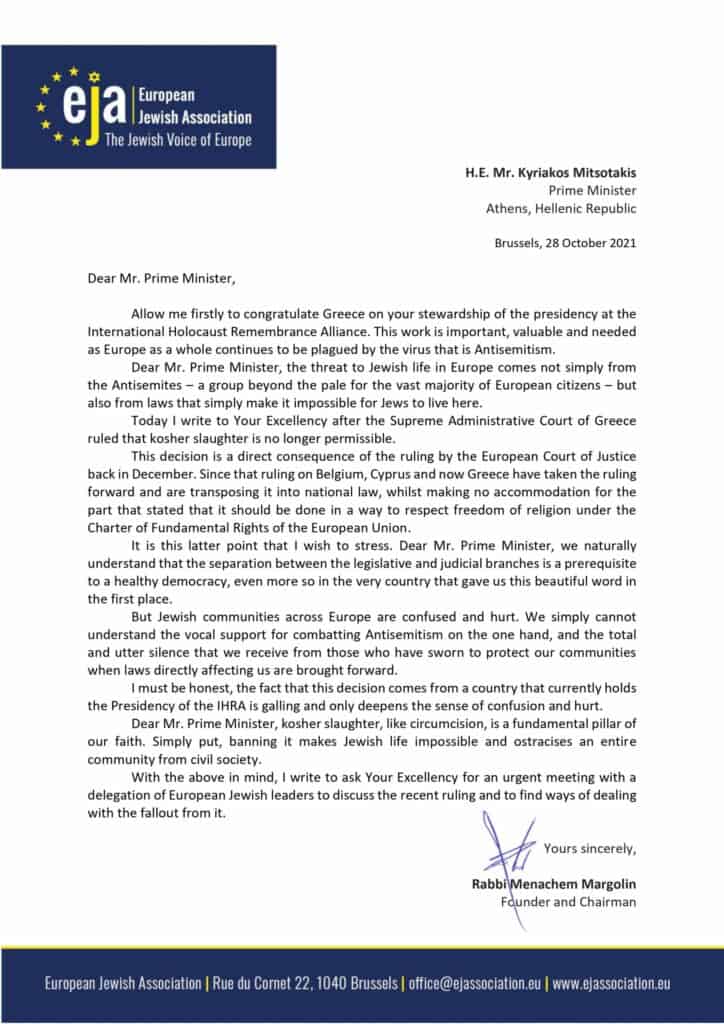A very special event marking Jewish life in the Netherlands took place on Tuesday 25th June in the prestigious Ridderzaal (Hall of the Knights) in the Dutch parliament, The Hague. The Hall is usually only used for state Royal and very special other events.
The Ridderzaal also has a more chequered past. The last time it was used outside of state events was in 1940 when the Reichscommisssar Seyss-Inquart held his inauguration speech.
75 years later the Jewish community was well represented by both the Israeli Ambassador Aviv Shir-On and a few very distinguished Rabbis, along with many Christian religious and political leaders who spoke on behalf of Israel and the Jewish people.
State Secretary Paul Blokhuis, the Minister responsible for commemoration:
“We do not accept anti-Semitism in this country. That is the constitution.
Personally: as a Christian and a pastor’s son, my parents helped people go into hiding. Our democracy can only function if we draw a line where discrimination and anti-Semitism arise. World War II and the Holocaust are also our history.
Rabbi Shmuel Katzman, the rabbi of The Hague, elaborated on the rich Jewish history of The Hague, the political capital of The Netherlands.
Jack van der Tang, a Christian advocate and friend of the Jewish people who organised the event said:
“Of the 140,000 Jews in the Netherlands, 102,000 were killed. We want to recognize the crimes, and write history. There are still echoes from the Ridderzaal in 1940, we must ensure that that it may never happen again”.
Aviv Shir-On, Ambassador of Israel to the Netherlands added:
“I am thankful that the Netherlands says about anti-Semitism: not here! And if everyone says so, we will eradicate it”.
Chief Rabbi Jacobs (Netherlands) gave his take:
“Is it realistic to talk about emerging anti-Semitism? It is not new after all.
We used to have the wrong belief. In the Middle Ages we were a virus. And for that we had to be eliminated. My parents were the wrong breed. And we, the Jews of today, are all Zionists.
In 1945 my father returned home. The neighbors were not happy. It took a few weeks to get permission to go back to his own house. His windows were smashed. Like my windows were smashed a few years ago.
Minister van Schaik (just after the war) gave compliments and thanked the conductors of the Dutch railways to continue driving trains to the camps, and thus protect the Dutch economy. He said this just a few months after the liberation.
We must not exaggerate about anti-Semitism. But we must be vigilant for the danger. Anti-Semitism is increasing.
Thank God, the government protects us. I am grateful for that. But it is bizarre and unacceptable that this protection is needed. The generation of survivors is slowly disappearing.
I will tell you a small story: In deep darkness there are small candles that spread light. In the concentration camp of Westerbork, life was more or less normal: there was a hospital, a theatre and a school. A little boy stood in front of the open door of the classroom. He sang a song: “How happy we are that we are Jewish”. The teacher heard him. She picked him up and started dancing with all the children. So that little boy; in the gate to the hell of Auschwitz, on the way to the chimneys of the crematoria, brought light into the darkness.
That boy is here today…”
Rabbi Itzhak Vorst continued:
“Yes I was there. I was for eight months in Westerbork and afterwards in Bergen-Belsen. There was hardly any food in Bergen Belsen, my mother gave everything to us, so that there might be a new Jewish generation.
It is hard for me to go back.
I saw the agents of the Marechaussee again in Westerbork. My memories came back to the camp agents. The fact that security is needed today is worrying.
We want to live. Tomorrow I will attend the wedding of my granddaughter, here in the Hague. Then I will sing my song again. “
Gert Jan Segers, the leader of the ChistenUnie in Parliament concluded:
“Israel is the last safe haven for Jews in the world. I am proud to stand here for a Holocaust survivor and for the Jewish community. I wonder why it exists; anti-Semitism. This was this place where the killing of Jews began.
There are historical reasons for fighting anti-Semitism. The signals are coming up again. There is only one correct response: get up and speak. Don’t shut up.
There are also selfish reasons: if we are unable to protect our Jewish community, then we are lost as a country and society. I don’t want that, so I’ll fight.
Is there a rational explanation why people hate Jews? We have dark pages in the history of the church and society. There is no rational explanation. I can only think: hatred of the Jews is hatred of the God of the Jews.
So it is not just a fight against flesh and blood. It is a spiritual battle. That can be difficult.
“Let this be the place where the blessing of Israel begins.”


